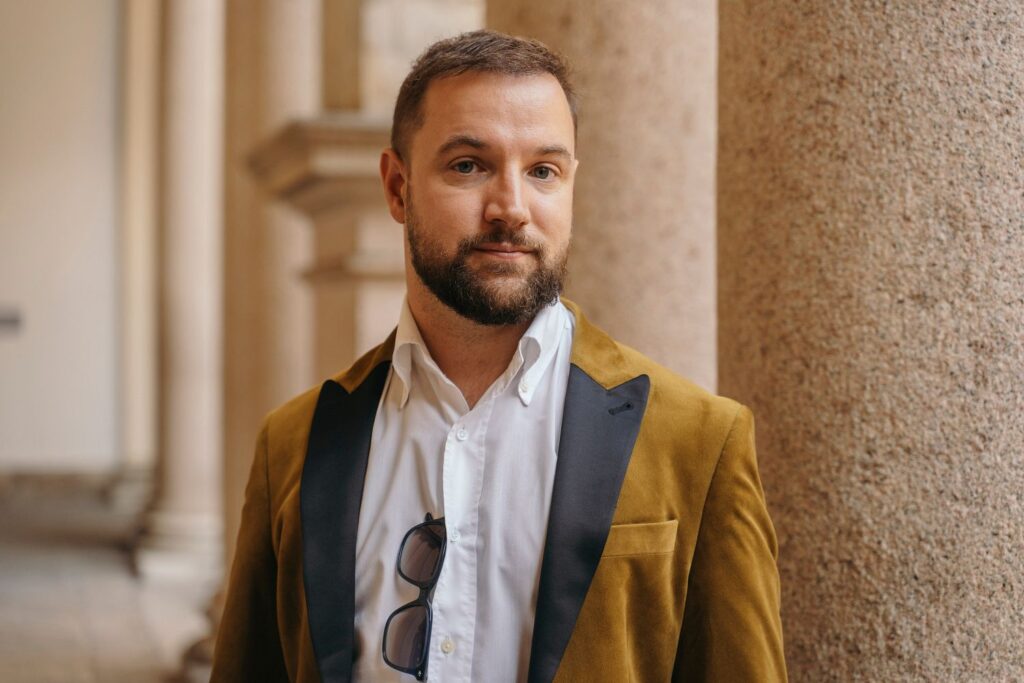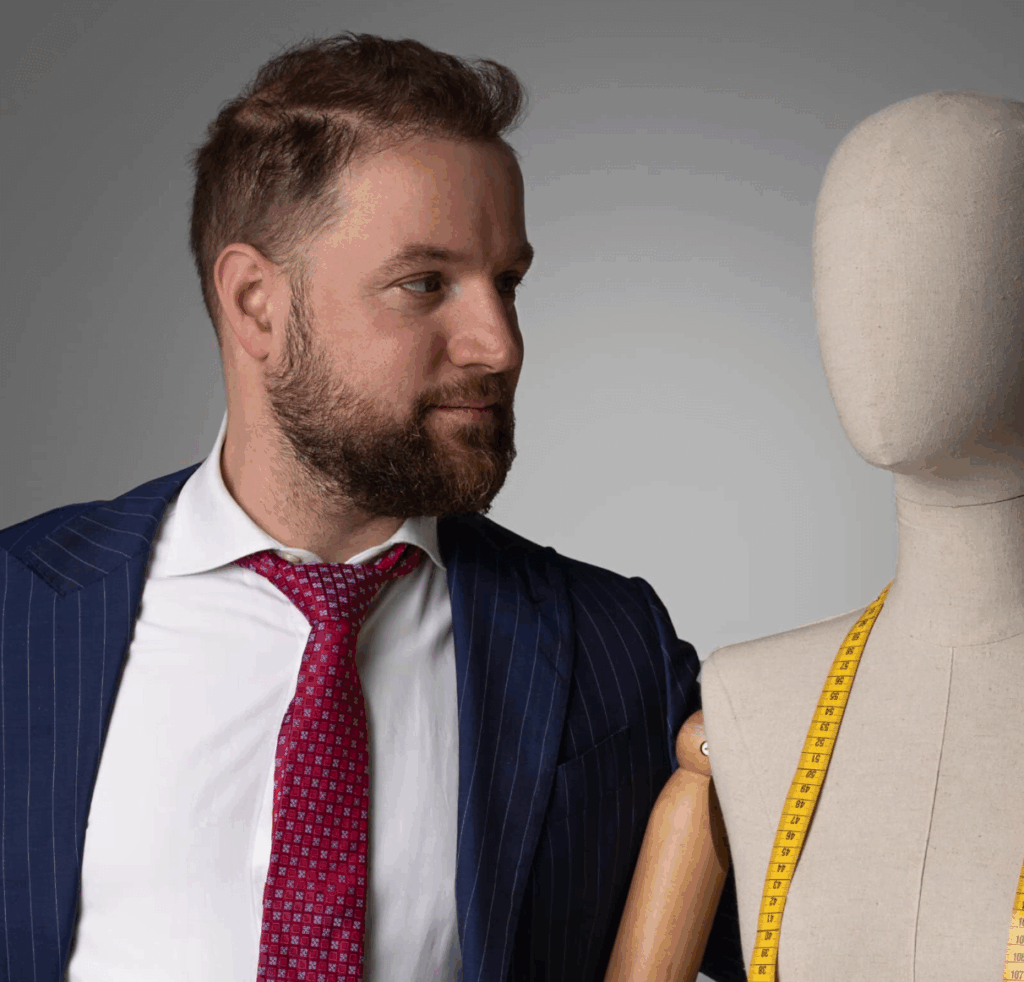Did you know that the global luxury market surpassed $1.5 trillion in 2023? Luxury brands now face a world where digital innovation meets timeless tradition, and consumer desires evolve faster than ever. Success in this space is not about just selling products, but creating powerful emotional connections and exclusive experiences. Uncover how the most coveted brands stay ahead, captivate high-net-worth consumers, and guard their prestige in a rapidly changing market.
Table of Contents
- Defining Luxury Marketing Strategies Today
- Psychology-Driven Approaches In Luxury Marketing
- Experiential And Emotional Branding Tactics
- Digital And Omnichannel Luxury Innovations
- Risks, Pitfalls, And Critical Success Factors
Key Takeaways
| Focus Point | Insights |
|---|---|
| Emotional Connection | Engage consumers through storytelling that creates profound emotional ties to the brand. |
| Digital Integration | Implement advanced technologies for personalized experiences while preserving exclusivity. |
| Sustainability Focus | Prioritize ethical practices to build long-term consumer trust and brand loyalty. |
| Brand Consistency | Ensure alignment between brand identity, consumer expectations, and digital presence to prevent dilution. |
Defining Luxury Marketing Strategies Today
Luxury marketing strategies represent a sophisticated approach to brand positioning that transcends traditional marketing principles. According to research from Routledge’s comprehensive study on luxury brand management, these strategies balance delicate considerations of tradition and innovation while navigating complex global market dynamics.
At its core, luxury marketing is about creating an immersive narrative that elevates a brand beyond mere product offerings. As insights from Springer’s research on luxury management highlight, successful strategies integrate deep understanding of service marketing with emotional storytelling. This means crafting experiences that resonate with high-net-worth consumers who seek more than transactional interactions.
Key characteristics of contemporary luxury marketing strategies include:
Here’s a comparison of the main focus areas across modern luxury marketing strategies:
| Focus Area | Key Tactic | Strategic Goal |
|---|---|---|
| Personalization | Data-driven customization | Deepen brand connection |
| Storytelling | Authentic brand narratives | Elevate emotional value |
| Digital Engagement | Exclusive online experiences | Maintain luxury appeal |
| Omnichannel Presence | Seamless cross-platform journeys | Consistent consumer touchpoints |
| Sustainability | Ethical sourcing & transparency | Build long-term trust |
- Personalization at unprecedented levels
- Digital engagement that maintains exclusivity
- Storytelling rooted in authentic brand heritage
- Seamless omnichannel experiences
- Sustainability and ethical positioning
Modern luxury brands must now expertly navigate digital strategy for luxury brands while preserving their core essence of exclusivity and exceptional quality. The most successful approaches blend technological innovation with timeless brand narratives, creating compelling propositions that attract discerning global consumers.
Psychology-Driven Approaches in Luxury Marketing
Luxury marketing psychology represents a sophisticated approach to understanding consumer motivation and behavior at the highest levels of brand engagement. According to research from the Hospitality and Business Event Marketing journal, strategic techniques like event marketing and scarcity marketing can significantly influence consumer perception and purchasing decisions by leveraging deep psychological principles.
Consumer research reveals that luxury brands must go beyond traditional marketing tactics and create profound emotional connections. By understanding psychology in luxury branding, marketers can develop strategies that tap into intrinsic human desires for status, exclusivity, and personal identity. The key is crafting narratives that resonate on a subconscious level, transforming products from mere objects into powerful symbols of aspiration.
Key psychological drivers in luxury marketing include:
- Perceived scarcity and exclusivity
- Emotional storytelling
- Status signaling
- Personal identity projection
- Sensory experience design
Research using projective techniques highlights how consumer preferences are deeply rooted in complex psychological mechanisms. Successful luxury brands understand that purchasing decisions are rarely rational, but instead emerge from intricate emotional landscapes of desire, belonging, and self-perception. By mapping these nuanced psychological pathways, marketers can create truly transformative brand experiences that transcend traditional transactional relationships.

Experiential and Emotional Branding Tactics
Experiential marketing represents a sophisticated approach to brand engagement that transcends traditional advertising by creating immersive, multisensory experiences. According to research in experiential interior design, these strategies leverage carefully crafted environments to invoke powerful sensorial, cognitive, and emotional responses that deeply connect consumers with brand narratives.
Luxury brands must go beyond simple product presentation and design holistic experiences that trigger profound emotional connections. Understanding luxury brand experience becomes crucial in developing strategies that transform consumer interactions from transactional to deeply personal. The goal is to create memorable moments that resonate with consumers’ deepest aspirations and identity narratives.
Key components of experiential and emotional branding include:
- Multisensory engagement techniques
- Personalized storytelling
- Immersive environmental design
- Emotional resonance mapping
- Authentic brand narrative construction
Research exploring consumer clustering highlights that successful experiential tactics must transcend demographic boundaries, focusing instead on psychological profiling and personality-driven engagement strategies. By understanding the intricate landscape of human emotion and perception, luxury brands can craft experiences that are not just marketing tools, but powerful transformative journeys that connect deeply with individual consumer identities.
Digital and Omnichannel Luxury Innovations
Digital transformation in luxury marketing represents a sophisticated evolution of brand engagement strategies that seamlessly integrate technological innovation with premium consumer experiences. Recent computational studies highlight the emerging importance of AI-driven approaches that create highly personalized and contextually relevant marketing interactions across multiple digital platforms.
Luxury brands must now develop omnichannel strategies that provide consistent, sophisticated experiences across physical and digital touchpoints. Understanding data-driven luxury marketing becomes critical in navigating the complex landscape of modern consumer expectations. This approach requires sophisticated technological integration that maintains the exclusivity and emotional resonance characteristic of luxury brand positioning.
Key digital and omnichannel innovation strategies include:
- Advanced personalization algorithms
- Immersive augmented reality experiences
- AI-powered customer journey mapping
- Seamless cross-platform interactions
- Predictive consumer behavior analytics
Research exploring computational marketing techniques reveals that successful digital innovations go beyond traditional advertising, creating intelligent ecosystems that anticipate and respond to individual consumer preferences. By leveraging emerging technologies and deep data insights, luxury brands can craft marketing approaches that are not just communicative, but genuinely transformative, turning each digital interaction into a tailored, memorable experience that resonates with the most discerning consumers.
Risks, Pitfalls, and Critical Success Factors
Luxury marketing strategy demands an extraordinary level of precision and nuanced understanding, with potential risks that can dramatically impact brand perception and consumer trust. According to research in advertising strategies, the most critical challenge lies in maintaining absolute alignment between brand symbolism and consumer expectations, where even minor missteps can erode years of carefully constructed brand equity.
Navigating the complex landscape of luxury marketing requires a sophisticated approach that balances innovation with brand heritage. Innovation strategies for luxury become crucial in identifying potential pitfalls and developing robust mitigation strategies. Brands must continuously evolve while preserving their core identity, a delicate balance that demands constant strategic refinement and deep consumer insight.
Key risks and critical success factors include:
- Maintaining brand authenticity
- Preventing brand dilution
- Managing technological integration
- Protecting exclusivity in digital spaces
- Preserving emotional brand connection
Research from new media marketing perspectives emphasizes that successful luxury brands must be proactive rather than reactive. The most significant risks emerge when brands fail to adapt to technological advancements while simultaneously maintaining their core value proposition. Success hinges on creating a dynamic strategy that seamlessly integrates innovation, emotional resonance, and unwavering commitment to brand excellence, transforming potential pitfalls into opportunities for distinctive market positioning.
Elevate Your Luxury Brand with Psychology-Driven and Innovative Marketing
Understanding the complex landscape of luxury marketing strategies means recognizing the challenges brands face in maintaining exclusivity, emotional connection, and digital innovation. This article highlights how personalization, storytelling, and omnichannel experiences must blend seamlessly to capture discerning consumers’ hearts and minds. If you want to transform your luxury brand by integrating these sophisticated techniques with deep consumer psychology, you are in the right place.
Discover how Corrado Manenti combines an academic foundation in psychology with hands-on marketing expertise to deliver tailored strategies that resonate deeply and generate lasting results. From meticulous fashion and luxury consulting to cutting-edge digital positioning, his approach ensures your brand stands out while preserving authenticity and exclusivity.
Ready to create a luxury marketing strategy that truly connects and converts? Explore our expert insights and services in Marketing Fashion and Digital Positioning.

Take the first step to redefine your luxury brand’s impact with Corrado Manenti’s proven expertise. Visit our site now to unlock strategies that turn psychological insight and innovation into competitive advantage.
Frequently Asked Questions
What are the key characteristics of modern luxury marketing strategies?
Modern luxury marketing strategies focus on personalization, storytelling, digital engagement, omnichannel presence, and sustainability. These elements help create immersive brand experiences and forge strong connections with high-net-worth consumers.
How do psychological principles influence luxury marketing?
Psychological principles, such as perceived scarcity and emotional storytelling, play a crucial role in luxury marketing by tapping into intrinsic human desires for status and identity. Crafting narratives that resonate on a subconscious level transforms products into symbols of aspiration.
What is experiential marketing in the context of luxury branding?
Experiential marketing in luxury branding involves creating immersive, multisensory experiences that engage consumers on emotional and cognitive levels. This approach focuses on designing holistic brand experiences that trigger deep emotional connections, elevating mere transactions into meaningful interactions.
How does digital transformation affect luxury marketing strategies?
Digital transformation impacts luxury marketing by integrating technological innovations with premium consumer experiences. Omnichannel strategies are essential, providing consistent and sophisticated interactions across both digital and physical touchpoints, which cater to modern consumer expectations.



